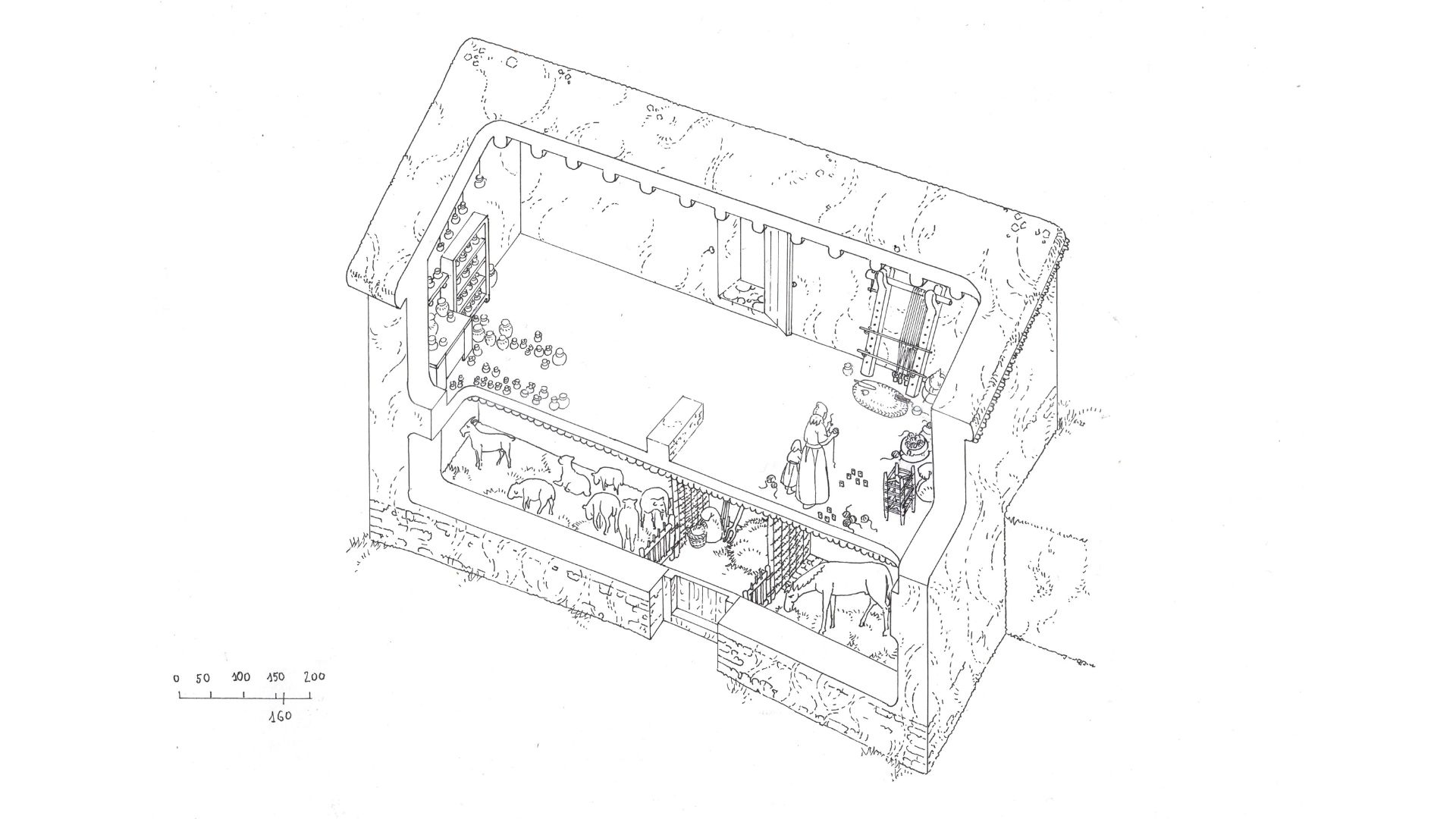Sensors, Vol. 23, Pages 5379: Resilience Optimization of Post-Quantum Cryptography Key Encapsulation Algorithms
Sensors doi: 10.3390/s23125379
Authors: Sana Farooq Ayesha Altaf Faiza Iqbal Ernesto Bautista Thompson Debora Libertad Ramírez Vargas Isabel de la Torre Díez Imran Ashraf
Recent developments in quantum computing have shed light on the shortcomings of the conventional public cryptosystem. Even while Shor’s algorithm cannot yet be implemented on quantum computers, it indicates that asymmetric key encryption will not be practicable or secure in the near future. The NIST has started looking for a post-quantum encryption algorithm that is resistant to the development of future quantum computers as a response to this security concern. The current focus is on standardizing asymmetric cryptography that should be impenetrable by a quantum computer. This has become increasingly important in recent years. Currently, the process of standardizing asymmetric cryptography is coming very close to being finished. This study evaluated the performance of two PQC algorithms, both of which were selected as NIST fourth-round finalists. The research assessed the key generation, encapsulation, and decapsulation operations, providing insights into their efficiency and suitability for real-world applications. Further research and standardization efforts are required to enable secure and efficient post-quantum encryption. When selecting appropriate post-quantum encryption algorithms for specific applications, factors such as security levels, performance requirements, key sizes, and platform compatibility should be taken into account. This paper provides helpful insight for post-quantum cryptography researchers and practitioners, assisting in the decision-making process for selecting appropriate algorithms to protect confidential data in the age of quantum computing.

 11 months ago
25
11 months ago
25

